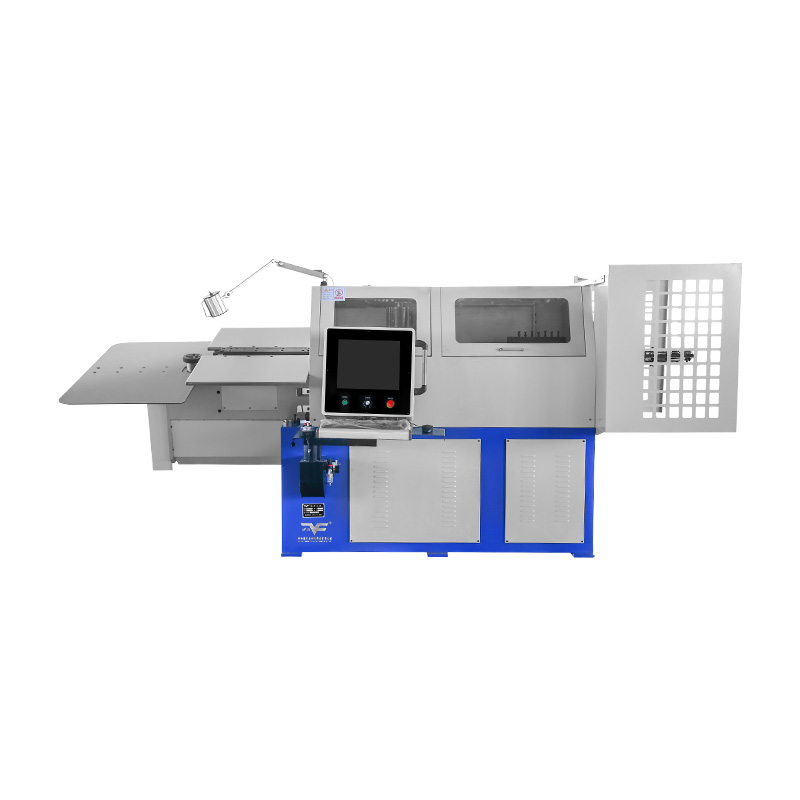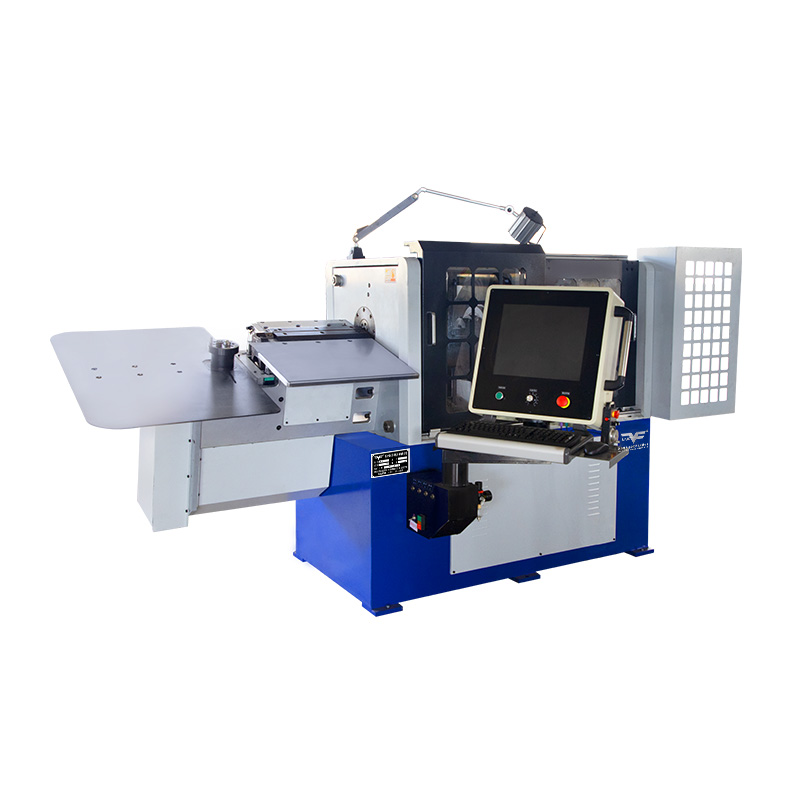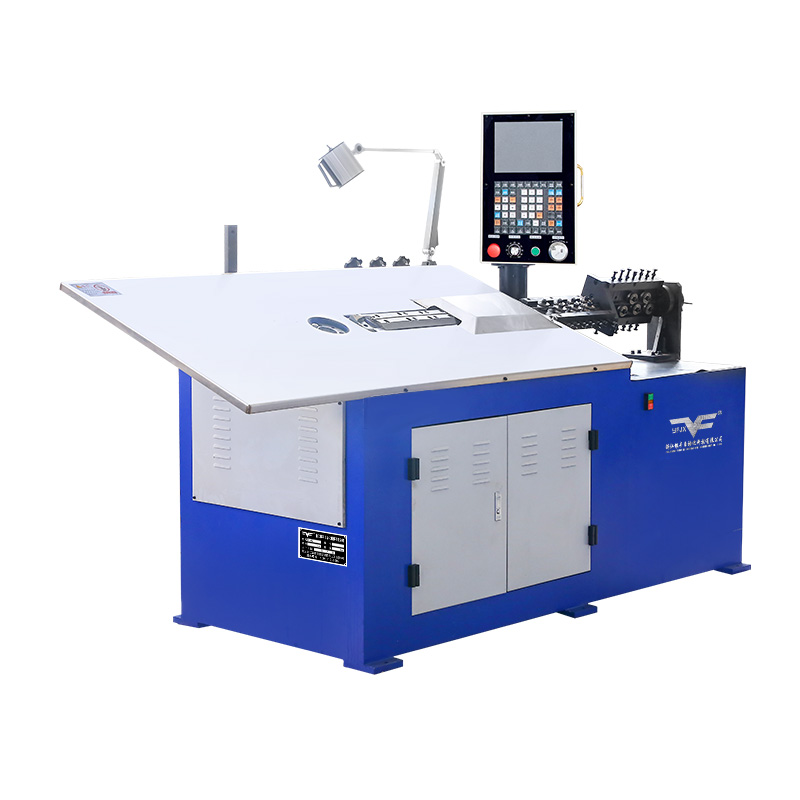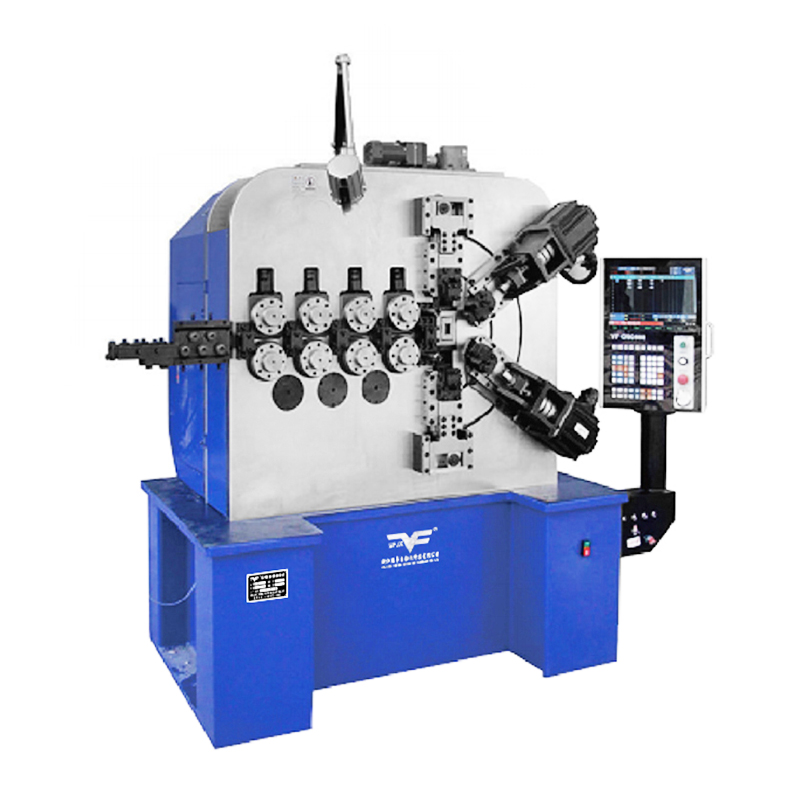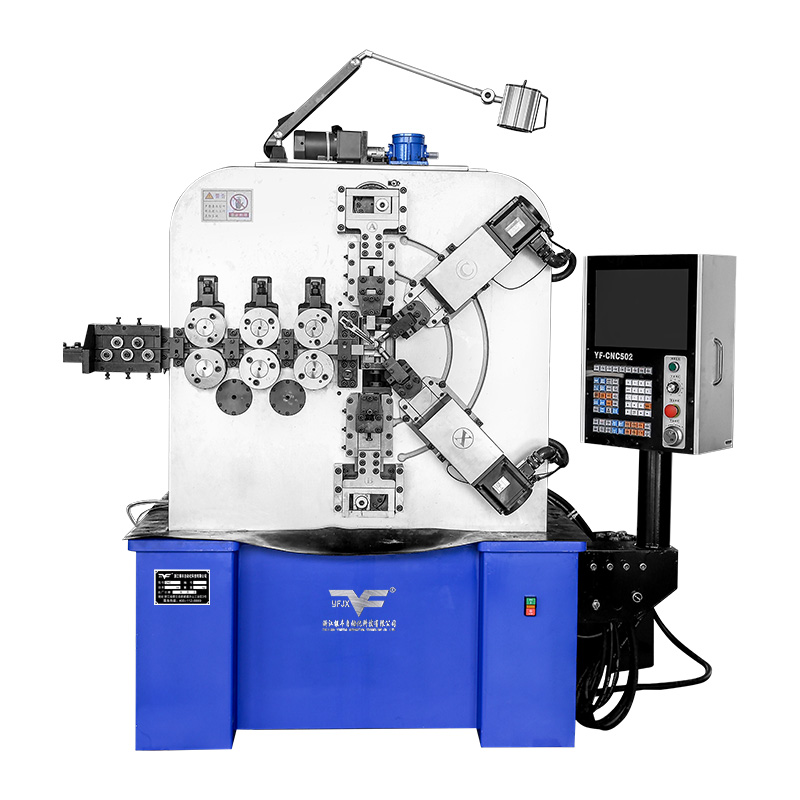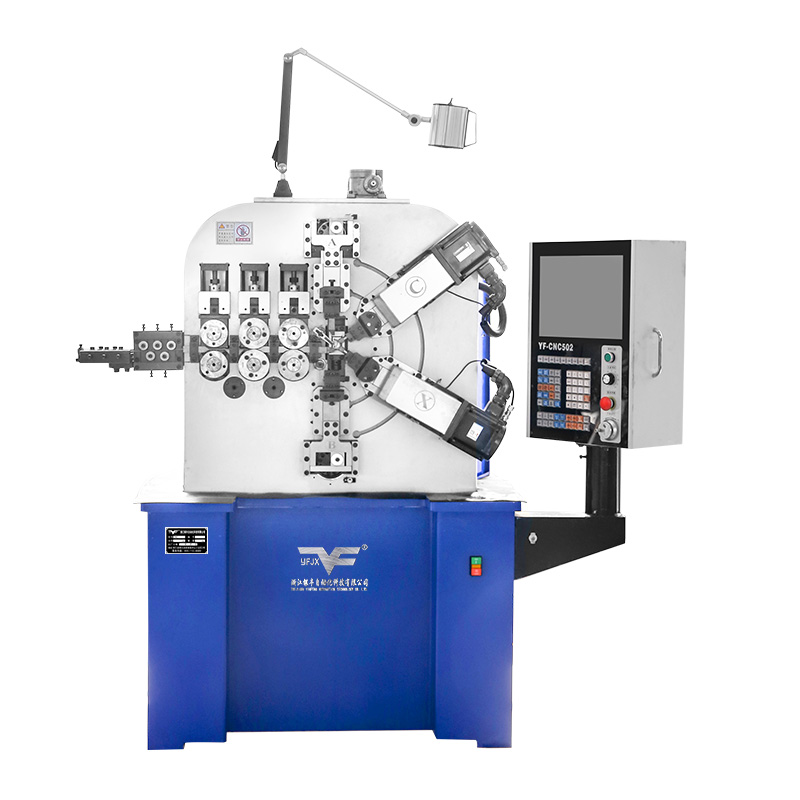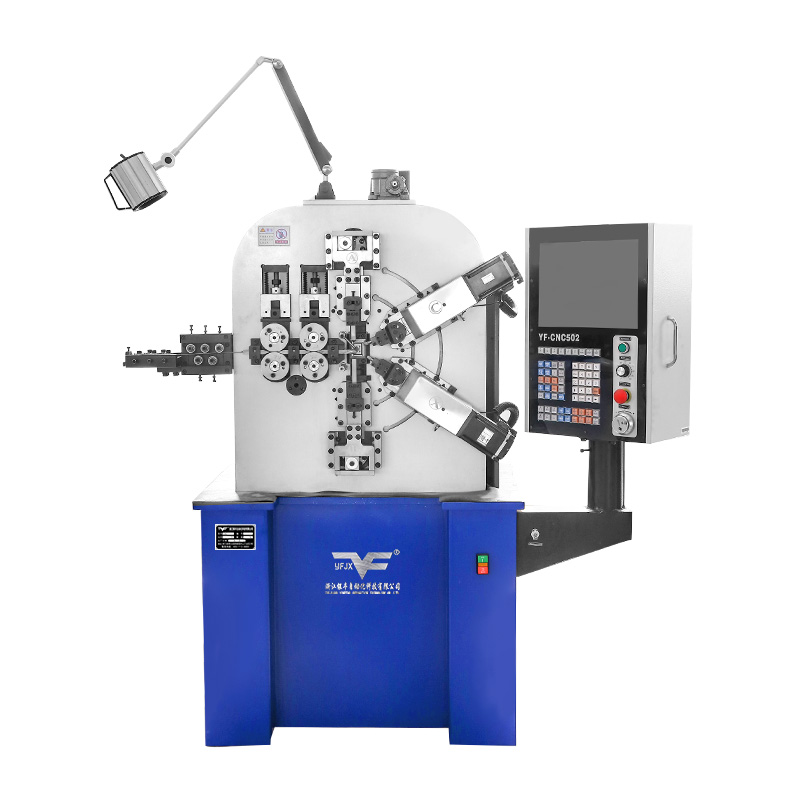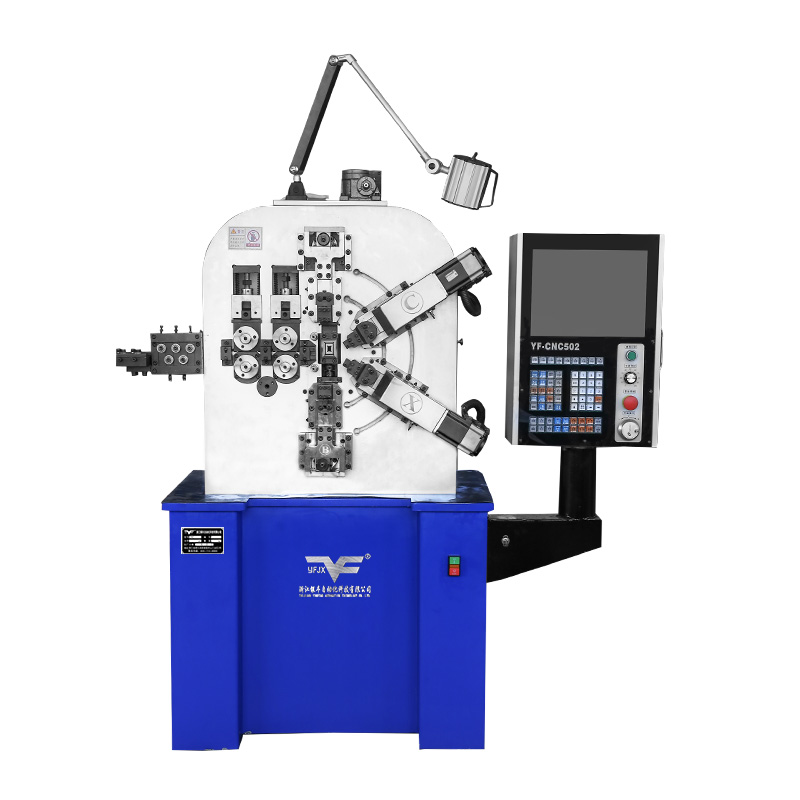What Are the Key Differences in Capabilities Between Desktop and Industrial CNC Wire Benders?
Industry News-One of notable differences between desktop and industrial CNC wire benders lies in their functionality and precision. Desktop CNC wire benders are designed for smaller-scale operations and are typically used for prototyping, custom projects, or small production runs. These machines are compact, user-friendly, and often feature simpler controls compared to their industrial counterparts.
In contrast, industrial CNC wire benders are engineered for high-volume production and offer advanced functionalities that support complex wire bending tasks. These machines are equipped with more sophisticated software and hardware, allowing for higher precision and the ability to handle a wider range of wire diameters and materials. For businesses that require tight tolerances and intricate designs, industrial CNC wire benders provide the necessary capabilities to meet these demands efficiently.
When it comes to production capacity, desktop CNC wire benders and industrial wire bending equipment differ markedly. Desktop models are ideal for small-scale operations, making them suitable for hobbyists, small manufacturers, and research labs. They offer adequate speed and efficiency for limited production runs but may struggle with larger volumes.
On the other hand, industrial CNC wire benders are designed to handle large quantities of wire bending tasks with high speed and consistency. These machines can operate continuously, making them great for high-volume manufacturing environments where productivity is a key concern. The robust build and advanced automation features of industrial units contribute to their outstanding production capacity, allowing them to perform high-speed operations without compromising quality.
Cost is a significant factor when choosing between a desktop CNC wire bender and an industrial model. Desktop CNC wire benders are generally more affordable, making them an attractive option for individuals or small businesses with limited budgets. These machines offer a cost-effective solution for those who need reliable wire bending capabilities without the need for extensive investment.
Conversely, industrial CNC wire benders represent a higher investment due to their advanced technology, larger size, and greater production capabilities. While the initial cost is higher, the long-benefits of increased efficiency, precision, and production capacity can justify the investment for large-scale manufacturers. For businesses with substantial wire bending needs, the added cost of an industrial machine can be offset by the significant gains in productivity and quality.
Desktop CNC wire benders are known for their versatility in handling various small-scale projects. They are often used for custom work, where flexibility is essential. These machines can be easily adapted for different bending tasks, making them suitable for applications ranging from artistic designs to small mechanical components.
Industrial CNC wire benders, however, excel in adaptability for large-scale production. They come with advanced features such as programmable bending sequences, automated material handling, and integration with other manufacturing systems. This adaptability allows industrial machines to quickly switch between different wire bending tasks, making them highly efficient for production environments where quick changeovers and high precision are required.
Maintenance requirements and support services also vary between desktop and industrial CNC wire benders. Desktop models typically have simpler maintenance needs and can be serviced by the owner or a local technician. Manufacturers often provide comprehensive support to address any issues that may arise, ensuring that users can maintain good performance with minimal downtime.
Industrial CNC wire benders, being more complex, require regular maintenance by skilled technicians to ensure long-reliability and performance. These machines often come with extended support options, including on-site service, technical assistance, and training for operators. The support infrastructure is designed to minimize downtime and keep production running smoothly, which is critical for industrial operations.
The key differences between desktop and industrial CNC wire benders revolve around functionality, precision, production capacity, cost, versatility, and maintenance. Desktop CNC wire benders are ideal for smaller-scale projects, offering an affordable, versatile solution with adequate precision for custom work. They are great for hobbyists, small businesses, and research labs where budget constraints and smaller production runs are prevalent.

 English
English русский
русский Español
Español 简体中文
简体中文